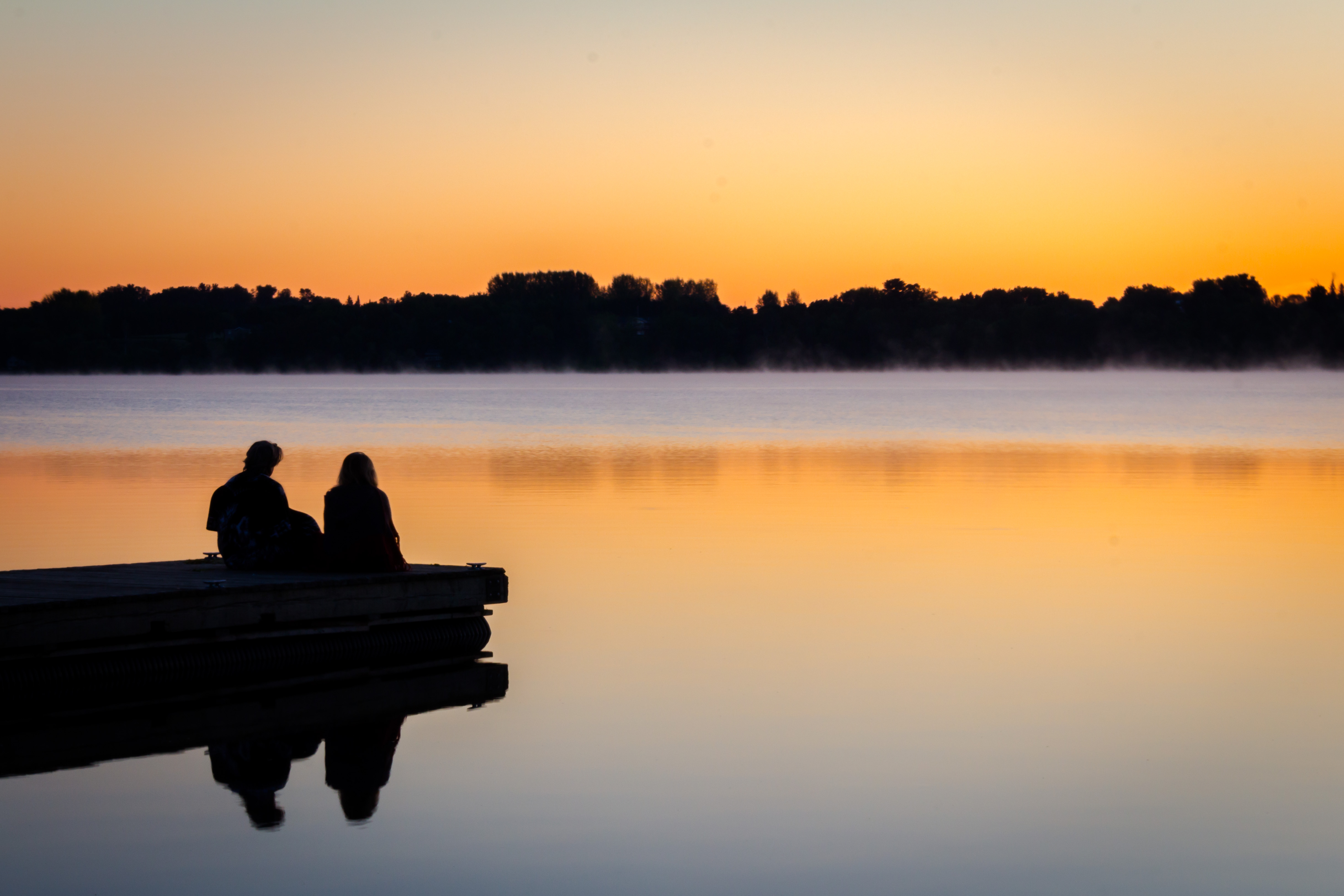
 The Township of Whitewater Region supplies municipal water drinking water to residents in Cobden, Beachburg and Haley Townsite. Groundwater aquifers are the water supply source for the residents in Beachburg and Haley Townsite and a local surface water body is the water supply source for Cobden.
The Township of Whitewater Region supplies municipal water drinking water to residents in Cobden, Beachburg and Haley Townsite. Groundwater aquifers are the water supply source for the residents in Beachburg and Haley Townsite and a local surface water body is the water supply source for Cobden.
This notice is to inform the public of a groundwater study that is underway, led by groundwater specialists to update, assess and evaluate current groundwater resources for the municipal wells in Beachburg and Haley Townsite. The study will involve mapping the existing Wellhead Protection Areas (WHPAs; the areas that contribute water to the drinking water wells) and develop protection measures to maintain the quality and quantity of the drinking water at each of the municipal wells.
The overarching goals of this study are to map the sources of municipal drinking water, identify any potential risks or threats to the quality or quantity of those drinking water sources and identify ways to manage those risks to help protect the health of the citizens, the community’s drinking water, and the local economy.
Measures to protect the source of groundwater in this area have been in place in Beachburg and Haley Townsite for almost 20 years. Wellhead protection areas need to be updated to reflect new municipal water demands and land use development changes over the last 20 years. In addition, there may be increased demands for growth and development in the coming years, so it is important to conduct the technical studies and establish plans that will protect the long-term quality and quantity of the municipal water supplies.
Following the study and development of action plans, a public open house meeting will be held in the community to provide awareness, communicate action plans and ensure the community has the necessary information and resources to protect the drinking water sources. The meeting is planned for late May 2022. Links to the meeting and additional resources can be found on the township website (https://www.whitewaterregion.ca).
For further information on this study, contact:
Lane Cleroux, Manager of Public Works
Township of Whitewater Region. Email: lcleroux@whitewaterregion.ca ;
Tel: (613) 646-2282 ext. 128
Council Presentation - February 1st, 2023
 Groundwater is the water that fills the small spaces between rock particles (sand, gravel, etc.) or cracks in solid rock. Rain, melting snow, or surface water becomes groundwater by seeping into the ground and filling these spaces. The top of the water saturated zone is called the “water table.” When water seeps in from the surface and reaches this water table, it begins moving towards points where it can escape, such as wells, rivers, or lakes.
Groundwater is the water that fills the small spaces between rock particles (sand, gravel, etc.) or cracks in solid rock. Rain, melting snow, or surface water becomes groundwater by seeping into the ground and filling these spaces. The top of the water saturated zone is called the “water table.” When water seeps in from the surface and reaches this water table, it begins moving towards points where it can escape, such as wells, rivers, or lakes.
An aquifer is any type of geologic materials, such as sand or limestone which can supply water to wells or springs. The groundwater, which is removed from the ground via wells, is often derived from a short distance (a few kilometres) of the well. How fast groundwater moves depends on how much the well is pumped and what type of rock particles or bedrock it is moving through.
Wells become polluted when substances that are harmful to human health move into the groundwater. Water from these wells can be dangerous to drink when the level of pollution rises above health standards. Many of our everyday activities can cause pollution. Much can be done to prevent pollution, such as wise use of chemicals. The expense of treating polluted water or drilling new wells can also be avoided.
Help avoid drinking water contamination by being an environmentally aware citizen. Wellhead protection will be an ongoing need for our community. Everyone has an important part to play in protecting drinking water wells – today and in the future!